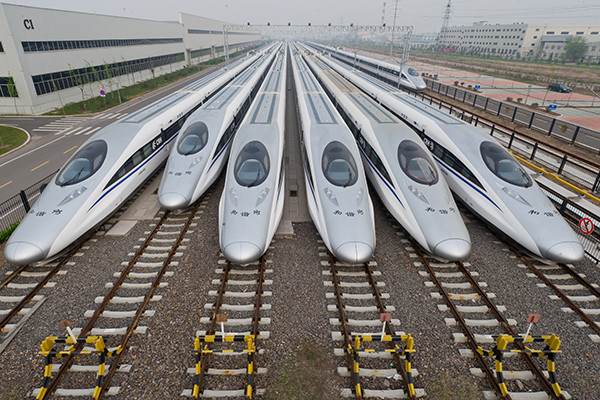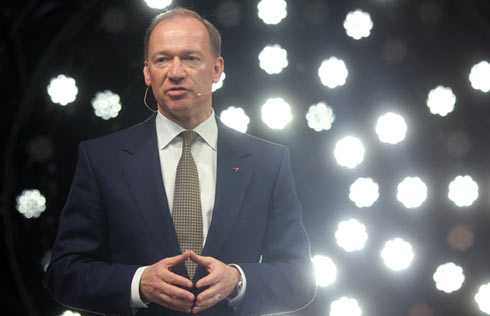Stocks to shine on debt selloff
For some China investors, the outlook for bonds is becoming a compelling reason to buy stocks.
December's debt selloff, the biggest in six years, may be just the start as policymakers crack down on speculative trading, according to HFT Investment Management Co Ltd. With the Shanghai Composite Index one and a half years on from its own bubble bursting, and fresh from its steepest annual decline in five years, fund managers and strategists say stocks are finally offering some relative value.
"We prefer equities to bonds in the first half," said He Qian, a Shanghai-based portfolio manager at HFT, which oversaw 189.4 billion yuan ($27.6 billion) of assets as of Sept 30. "The market expectation is that inflation will continue to recover, and that'll benefit risky assets in the initial stages. Plus, there are other positive factors including improving corporate earnings."
Like their counterparts around the world, China's investors are grappling with the re-emergence of inflation as a threat to debt returns and a tailwind for equities, with factory-gate prices rising in December at the fastest pace in five years. Plus, other economic reports from industrial profits to manufacturing support the argument that equities have an edge, and policymakers' efforts to boost money-market rates are spoiling a long-followed strategy of using borrowed cash to buy bonds.
Still, in the first weeks of January, neither asset class is proving a fertile ground for investors. Government bonds have declined, with the 10-year yield jumping 25 basis points to head for the biggest monthly advance since March 2015. The Shanghai Composite has edged 0.1 percent lower, after a 4.5 percent tumble in December that was the most in 11 months.
The big shift began in August, with the People's Bank of China guiding borrowing costs higher as a nine-year credit binge aiming at boosting economic growth pushed China's debt-to-gross domestic product ratio to 247 percent. The central bank began extending the tenors of its open-market operation loans, halting a record bond rally.
Bloomberg

















